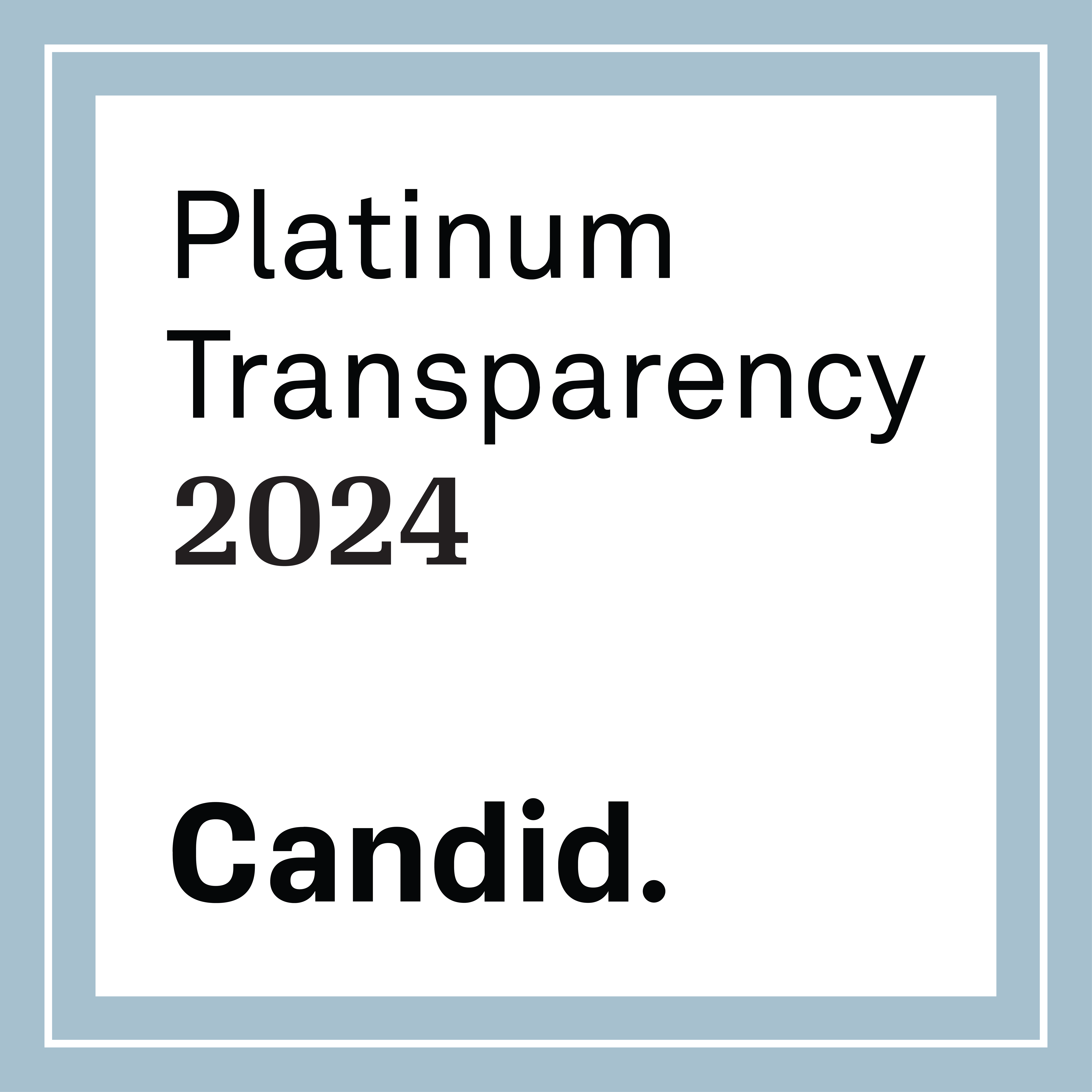Social Oppression: What is it?
Social Oppression is unfairly treating a person or group of people who are different from other people or groups of people. A few examples of social oppression include racism (treating people different based on their skin color or ethnicity), sexism (treating people different based on their gender), religious persecution (treating people different because of their religion.) and economic oppression. (treating people different based on their income.)
What does that mean?
When social oppression is happening, most of the time the people in the community don’t see it. It takes a big event or someone outside the community stepping in to say that something is not right. We have seen social oppression take many forms. From people groups being denied access to food or water because there is a shortage, to children being locked out of the education system because of where they live. These people’s lives are deemed less worthy. The core of social oppression is deeming a group less worthy than yourself. When people aren’t given food, water, or education because of what family they are born into or what religion they practice, it is heartbreaking.
Is social oppression happening around me?
Unfortunately, yes. Social oppression is likely happening around you. It might not look as extreme as a food desert or children being denied access to education. But some form of social oppression is happening in most communities. As we mentioned before, it can be a very hard thing to see inside of your own community. A good place to start is to ask yourself “If this (fill in the blank situation) was happening to my family, would that be okay?” Looking at situations from a personal perspective often opens our eyes to social oppression.
What can I do?
Social oppression is a big thing to tackle. Fortunately, there are things that we as individuals can do to help break social oppression in our community and communities around the world. In some communities, this looks like pre-primary education to help unlock the trap of poverty. In other communities, it looks like mentorship programs or after-school programs. Developing communities where traffickers are target victims, preventing their trafficking and rescuing trafficked girls. Giving communities food and water, free for all people, is a powerful tool to break down systems of oppression.
Learn More








